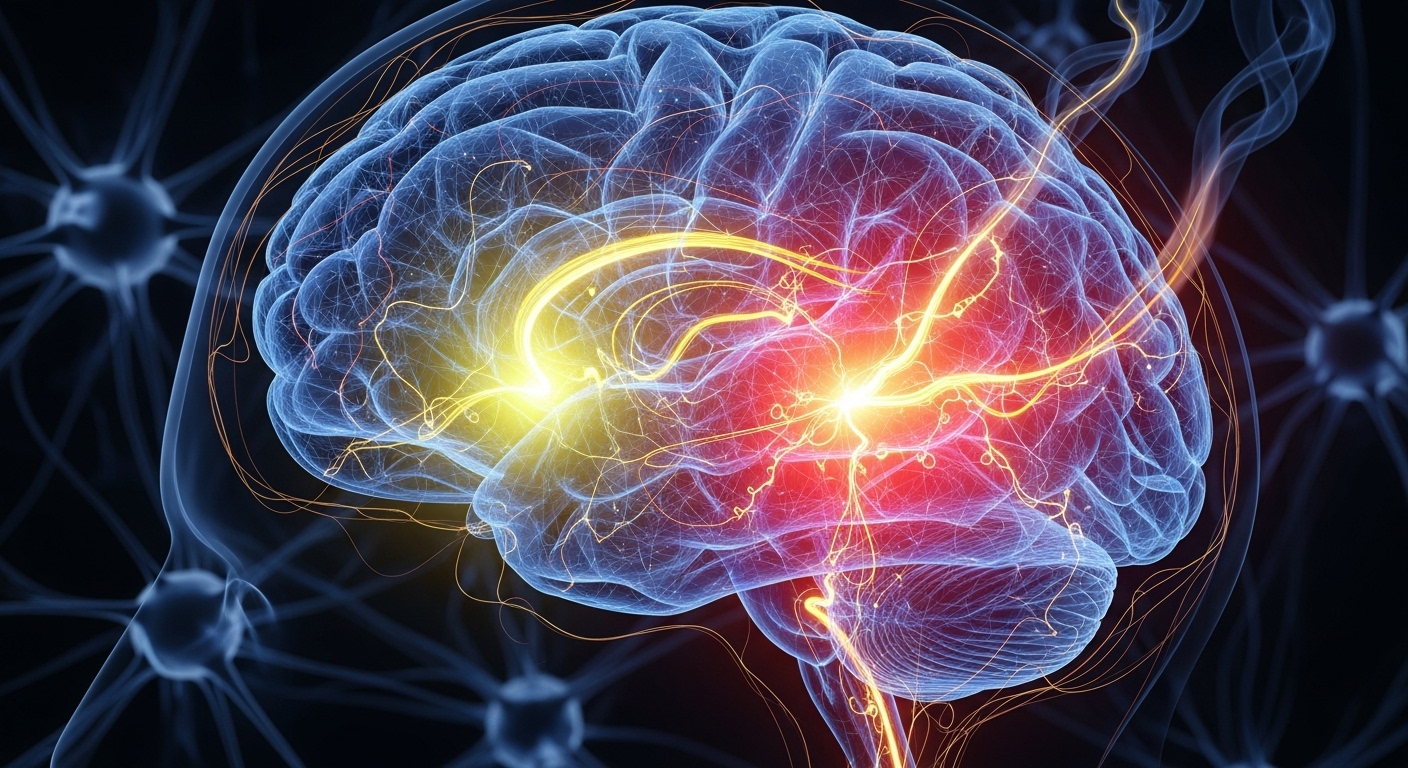Dr. Kumar’s Take
This systematic review looked at 32 randomized trials in healthy adults to see if nicotine boosts thinking. The short answer is no clear win. Some studies showed small gains in attention, many were mixed, and several found no effect. A key insight was that many authors had past ties to tobacco companies and often did not disclose them. That does not prove bias changed the results, but it raises trust questions.
My advice: do not use nicotine for performance. If you want better focus and memory, lean on proven, safe habits: sleep 7–9 hours, move your body daily, breathe slowly for a few minutes before deep work, and use a 50–10 focus timer. These give real gains without addiction risk.
Key Takeaways
✔ Evidence is inconsistent: For attention outcomes, 41% of studies reported positive effects, 41% were mixed, and 18% found no effect.
✔ Memory gains were not consistent: A few studies hinted at benefits, but results varied.
✔ Side effects occurred: Nausea was the most common; heart rate often increased.
✔ Industry ties were common and often undisclosed: 59% of authors had past tobacco funding, and 53% of those did not report it in the included papers.
✔ Bottom line: Nicotine is not a reliable cognitive enhancer, and dependence risk is real.
Actionable Tip for Better Focus (No Nicotine)
Try this pre-work routine: sleep 7–9 hours, then do 20 minutes of brisk activity, add a 3-minute slow-breathing set, and work in 50 minutes on, 10 minutes off blocks. Track your output for two weeks. Most people see faster starts and steadier attention without stimulants.
Study Summary: Nicotine and Cognitive Performance
This open-access systematic review analyzed randomized, double-blind, placebo-controlled trials published from 2009 to 2016 in healthy adults ages 18–60. It focused on lab tasks for attention, working memory, short-term and long-term memory, reasoning, and motor-sensory performance. Routes of nicotine included patch, gum, nasal spray, oral spray, lozenge, and others.
Methods: How the Review Was Done
- Databases: PubMed, EMBASE, PsycINFO, BIOSIS, Web of Science
- Inclusion: Randomized, double-blind, placebo-controlled; acute nicotine in healthy adults; nonsmokers or minimally deprived smokers
- Domains: Attention, working memory, short-term memory, long-term memory, reasoning, motor-sensory
- Bias checks: Randomization, performance, detection, funding, author affiliations, publication bias
Results: What the Data Showed
- Attention (most tested): 22 studies
- Positive: 9 (41%)
- Mixed: 9 (41%)
- No effect: 4 (18%)
- Other domains: Mixed and inconsistent findings across memory and motor-sensory tasks.
- Adverse effects: Nausea was most common. Heart rate often increased. Mood effects were mixed.
- Industry affiliations: 19 of 32 studies had tobacco or pharmaceutical ties when undisclosed history was added. No statistically significant association was found between industry affiliation and reporting a positive outcome, but undisclosed ties were frequent.
How Nicotine Might Affect the Brain
Nicotine binds nicotinic acetylcholine receptors in the brain. This can temporarily change attention networks and dopamine signaling, which might sharpen alertness for some tasks. But the effect is not steady across people or tasks, and it comes with risks like dependence, withdrawal, and cardiovascular strain.
Related Studies and Research
Exercise and Cigarette Craving: Meta-Analysis – Examines how physical activity helps reduce cravings in smokers.
Nicotine Patch in Parkinson’s Disease Trial – Investigates nicotine’s effects in Parkinson’s patients with cognitive symptoms.
Nicotine and Cognition: Meta-Analysis – Aggregated results on whether nicotine improves cognitive performance.
Podcast: Why This Neurosurgeon Will Never Use Nicotine – A breakdown of nicotine’s true effects on the body and brain.
Nicotine and Cognition FAQ
Does nicotine reliably improve attention or memory?
No. Results were mixed. Some small task improvements appeared, but many studies were mixed or negative.
What side effects showed up in the trials?
Nausea occurred in several studies. Heart rate often increased. Some mood changes were reported, but findings were inconsistent.
Did industry funding change results?
The review did not find a statistical link between industry affiliation and positive outcomes. Still, many author ties to tobacco were undisclosed, which lowers confidence.
Should healthy people use nicotine to study or work?
I do not recommend it. Benefits are uncertain, while dependence and withdrawal are real risks. Safer tools work better over time.
Bottom Line on Nicotine and Cognitive Performance
The best reading of the evidence is simple: nicotine is not a dependable cognitive enhancer in healthy adults. Given side effects and addiction risk, choose proven habits and non-addictive strategies for focus.


